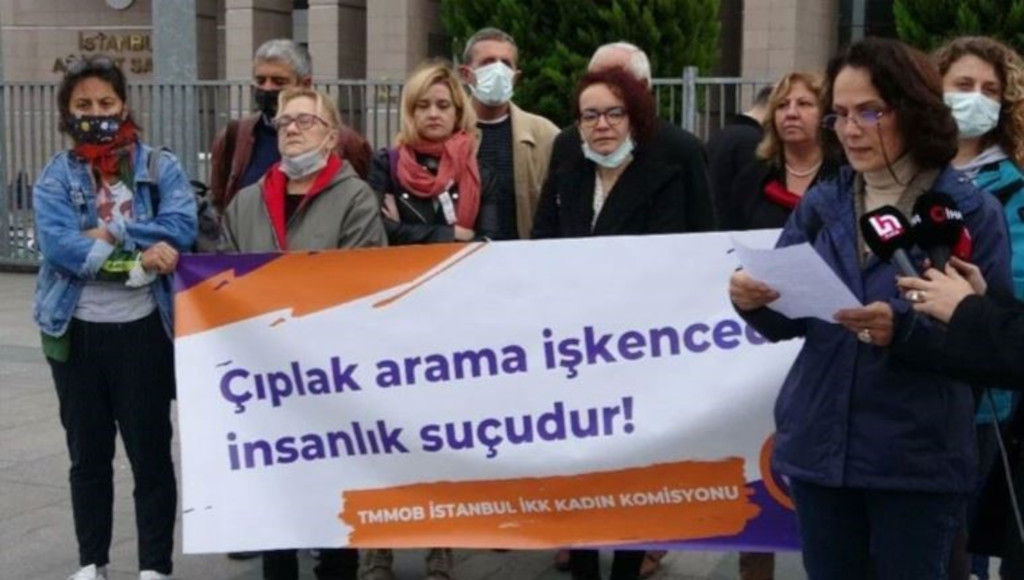Turkish President Recep Tayyip Erdoğan has made changes to a 2020 regulation on the execution of searches in Turkey’s prisons and detention centers, replacing the words “strip-search” with “detailed search” after several government officials’ denial of the practice in the country, local media reported on Friday.
The amendments to Law No 2324 on the Administration of Penal Institutions and the Execution of Sentences and Security Measures, published in the Official Gazette on Friday, also includes the addition of the condition that a “detailed search” or a “body cavity search” can only be carried out “if it is impossible to detect in any other way” if a person has contraband materials hidden in their body.
Before the changes, “reasonable and serious indications” that the person had contraband materials on their person was enough for the highest authority of a penal institution to decide that a strip-search was necessary.
The amendments also stipulate that the person be given a “disposable gown” to wear during a detailed search and that the officer carrying out the search wear gloves.
In late 2020 pro-Kurdish Peoples’ Democratic Party (HDP) deputy Ömer Faruk Gergerlioğlu, also a prominent human rights activist, brought widespread claims of strip-searches and harassment in prisons and detention centers to the floor of parliament.
It was over a report about Turkish police conducting humiliating strip-searches of 30 students who were detained in the western city of Uşak over their alleged membership in the Gülen movement, a faith-based group inspired by Turkish cleric Fethullah Gülen, who has long resided in the US.
Erdoğan and his ruling Justice and Development Party (AKP) accuse the movement of masterminding a coup attempt in July 2016 and label it a terrorist organization. The movement strongly denies involvement in the coup attempt or any terrorist activity.
A social media campaign denouncing strip-searches started afterward, with many people, women as well as men, relating experiences of strip-searches during detention or imprisonment.
“Don’t stay silent against strip-search” was widely shared with the Turkish hashtag #CiplakAramayaSessizKalma by activists and women who were subjected to harassment in prisons or police custody. The social media campaign was launched to raise awareness about increasing reports of sexual violence in prisons towards inmates, detainees and also inmates’ family members.
Among those who denied the claims about strip-searches by the HDP lawmaker, accusing him of being a member of FETÖ, a derogatory acronym used by the government to label the Gülen movement as a terrorist organization, were Interior Minister Süleyman Soylu and AKP deputy group chairperson Özlem Zengin.
The European Court of Human Rights has found strip-searches to constitute degrading treatment when not justified by compelling security reasons and/or due to the way they were conducted. But the practice has been frequently used by Turkish security forces against people suspected or convicted of political crimes.



